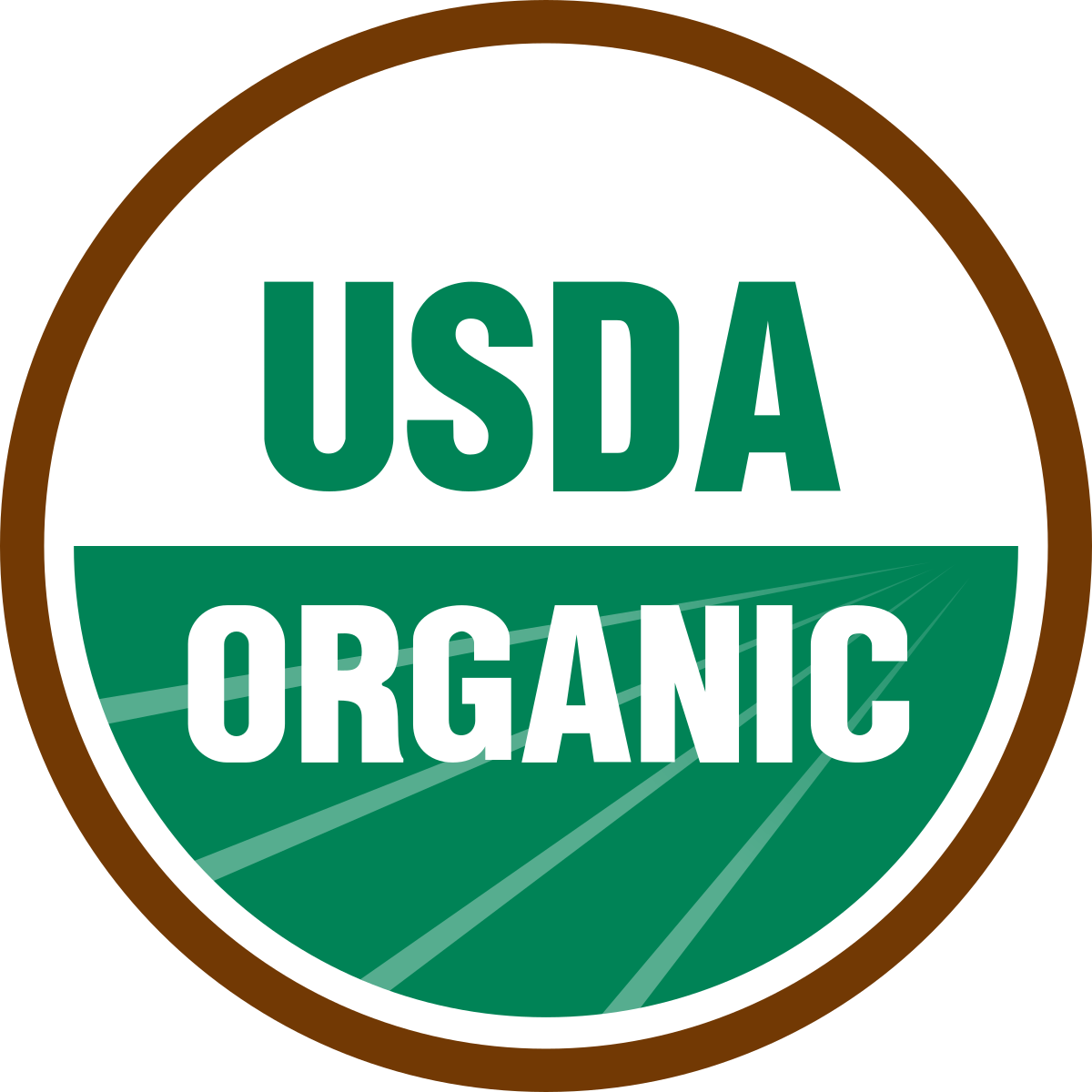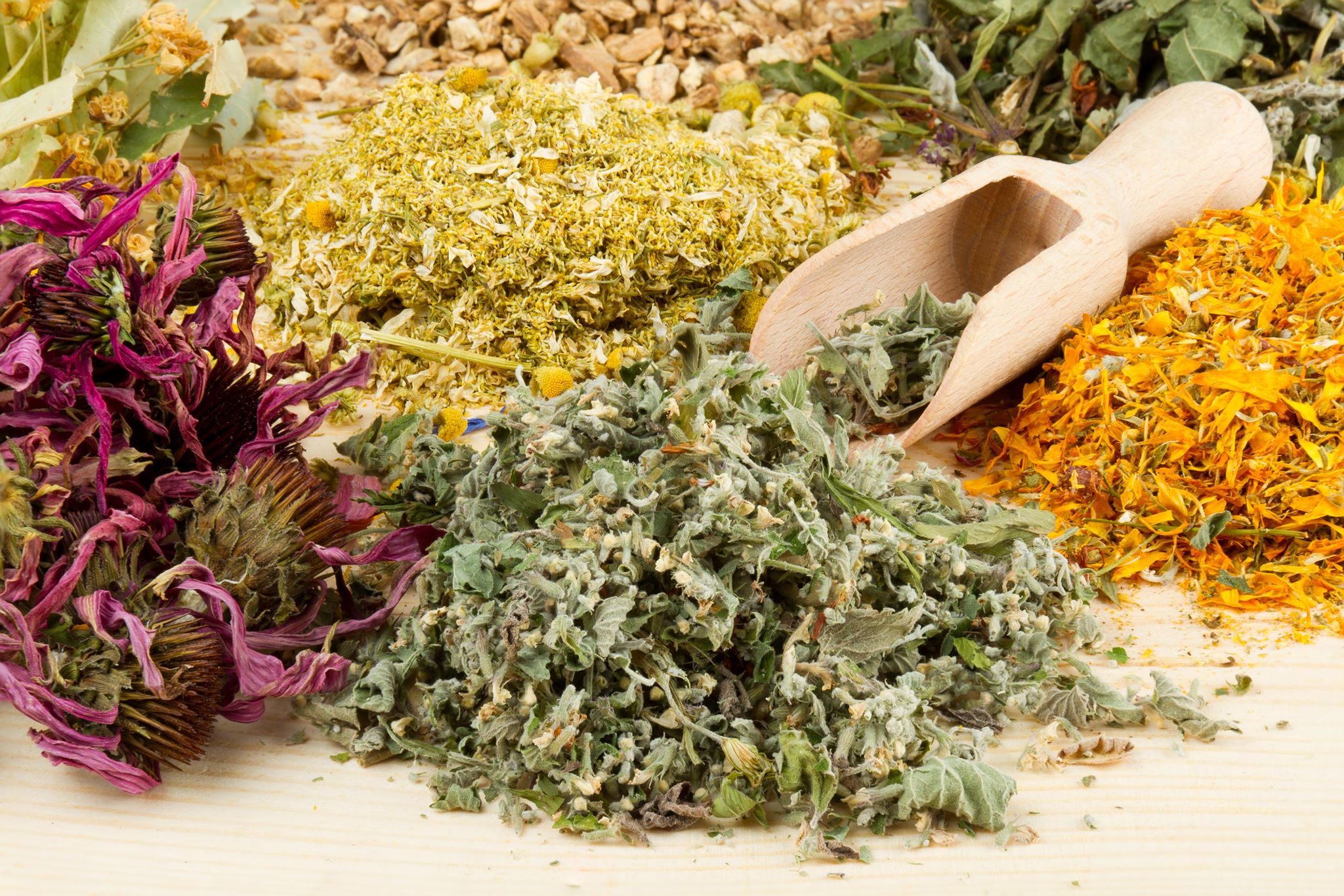- Have any questions?
- +383 44 515 171
- [email protected]
What is Organic ?

About
Organic
Your family's eating habits are shaped by the food you choose for them, but it can be difficult to buy when there are so many food labels to choose from, whether they're on stickers, the container, or the ingredient list. The "Certified Organic" badge can assist you in making knowledgeable choices at the supermarket or farmers market. Feeding your family organic food lowers your risk of hormone, antibiotic, and pesticide exposure and encourages the formation of lifelong healthy eating habits.
Foods labeled as organic are produced in accordance with regulations set by the USDA National Organic Program.
The National Organic Standards Board, a government advisory council chosen by the secretary of agriculture, continues to interpret and develop these standards, which were put into effect in 2002 as a result of the Organic Foods Production Act of 1990.
Several issues are covered by organic standards, including input material use, animal husbandry, weed and insect control, and soil quality.
The National List contains materials that are permitted for organic production and those that are not.
Find out how farmers can get certified organic.

Organic farming does not allow the use of sewage sludge, bioengineering (GMOs), ionizing radiation, or the majority of synthetic herbicides and fertilizers. Animals kept on 100% organic feed and forage, without the use of antibiotics or growth hormones, and in environments that mimic their natural behaviors provide organic meat, poultry, eggs, and dairy products. To ensure that the crops won't be polluted, certified organic product is cultivated on soil that has been free of illegal substances for three years prior to harvest. Organic farmers improve and preserve the environment for future generations by concentrating on the utilization of renewable resources and soil and water conservation.
But there's more! Regulations for organic processed food are also included in national organic standards, including a ban on chemical preservatives, flavors, and colours. Organic products must be used, but there are several exceptions on the National List, like baking soda and yogurt enzymes. Specific labeling guidelines are included in NOP regulations for both fresh and processed items.
